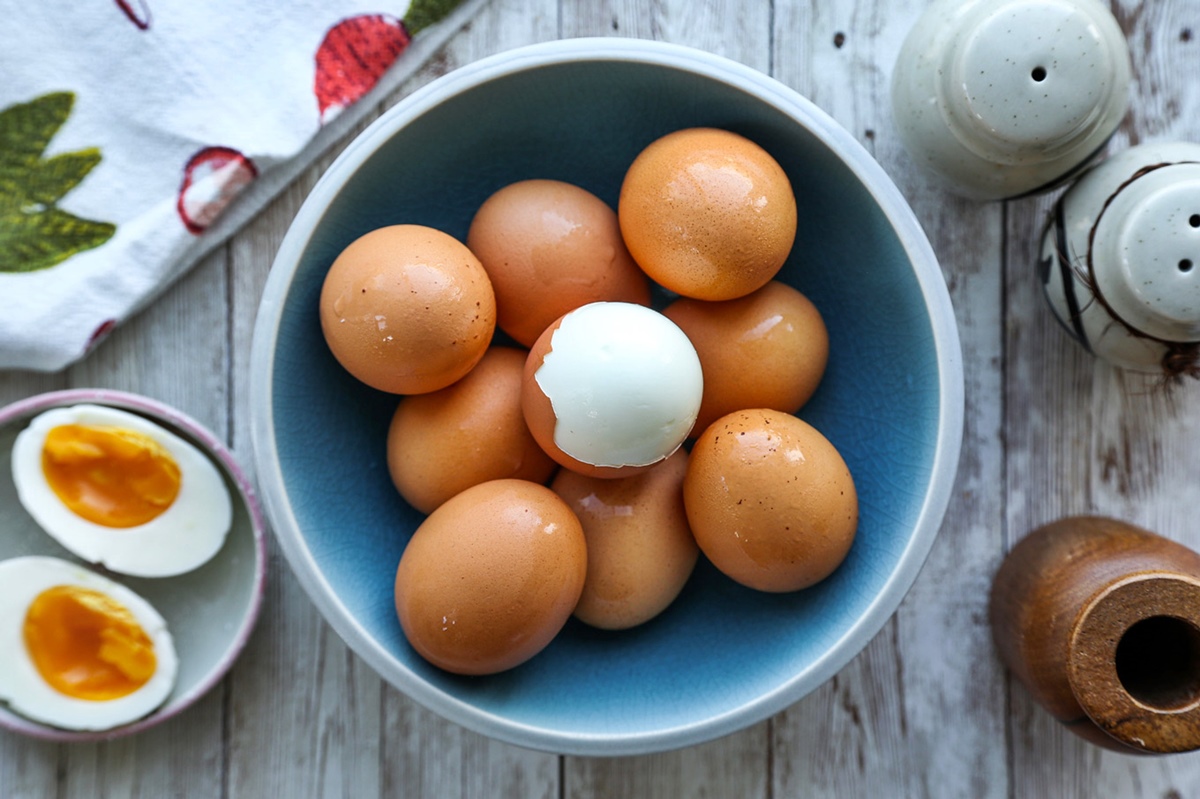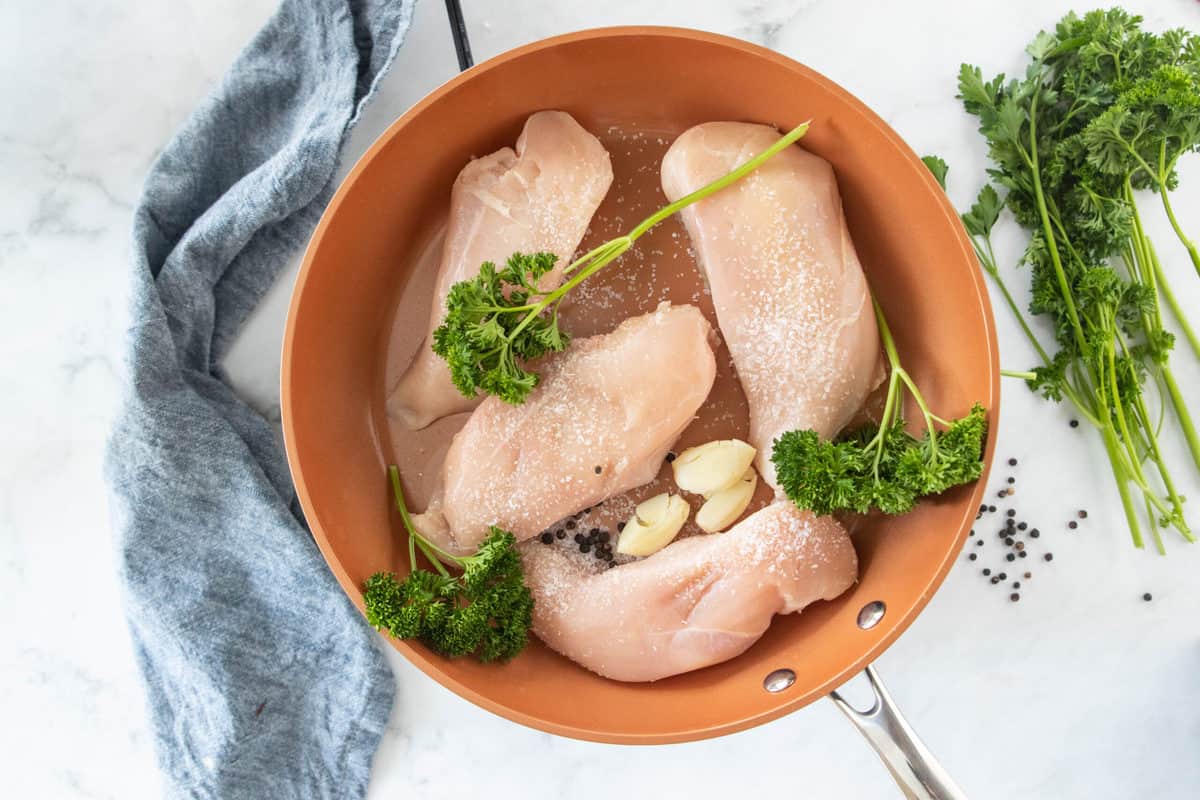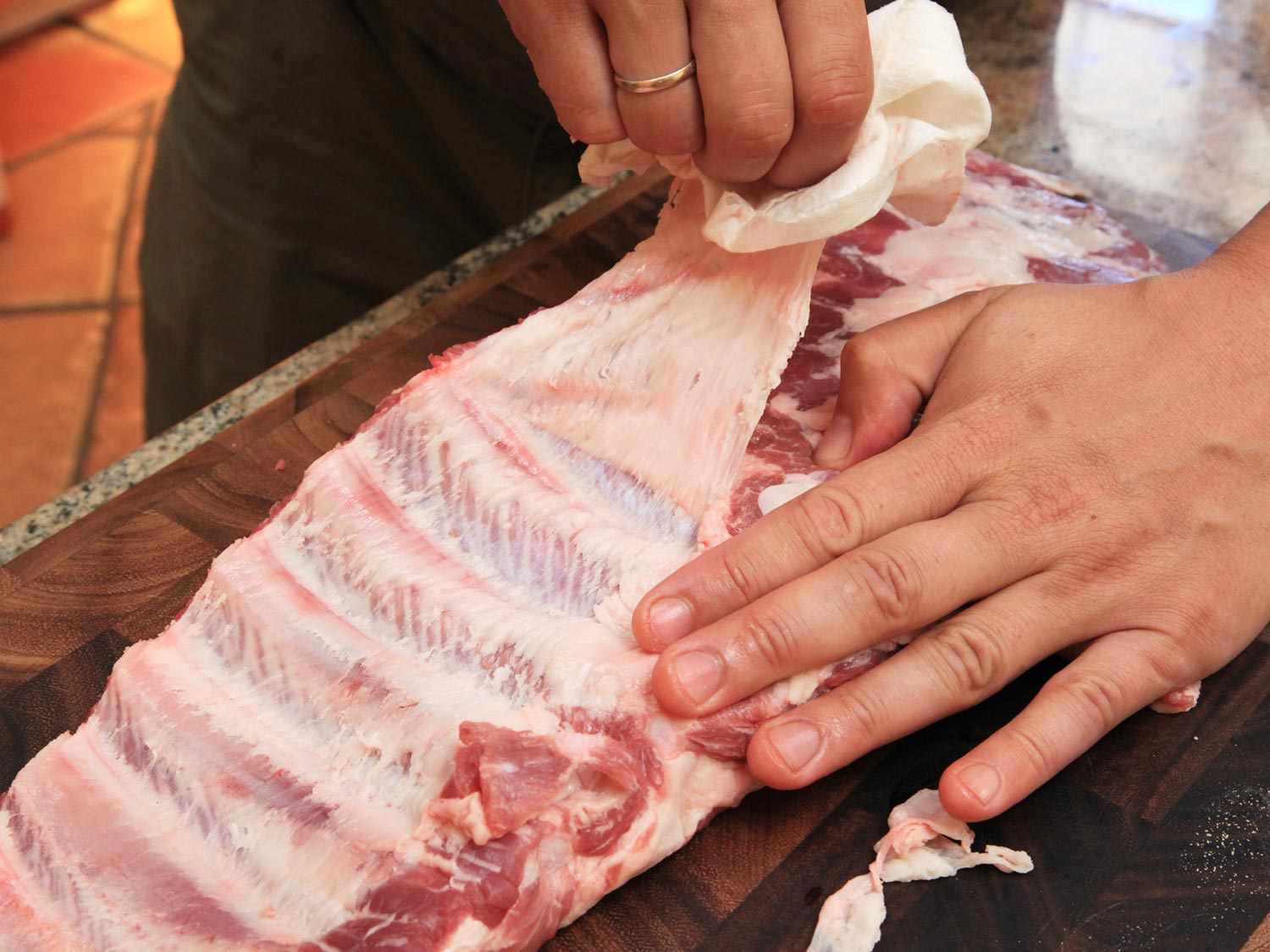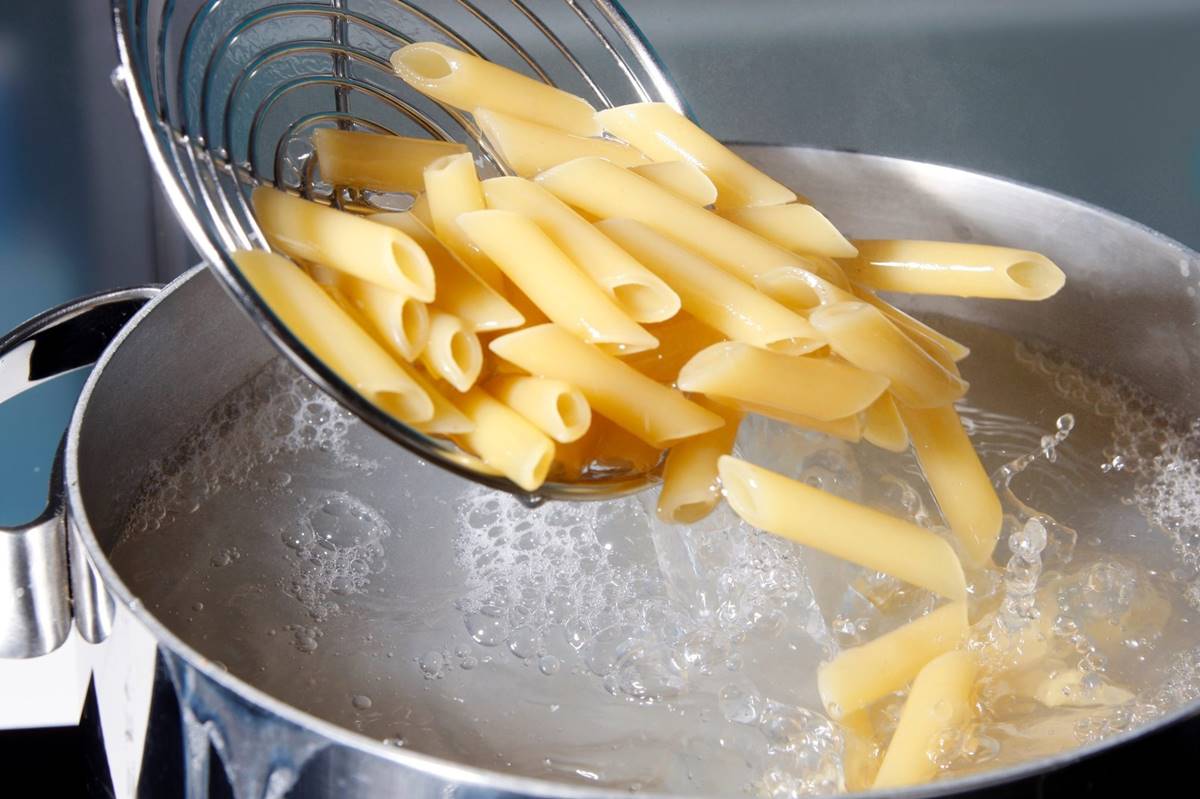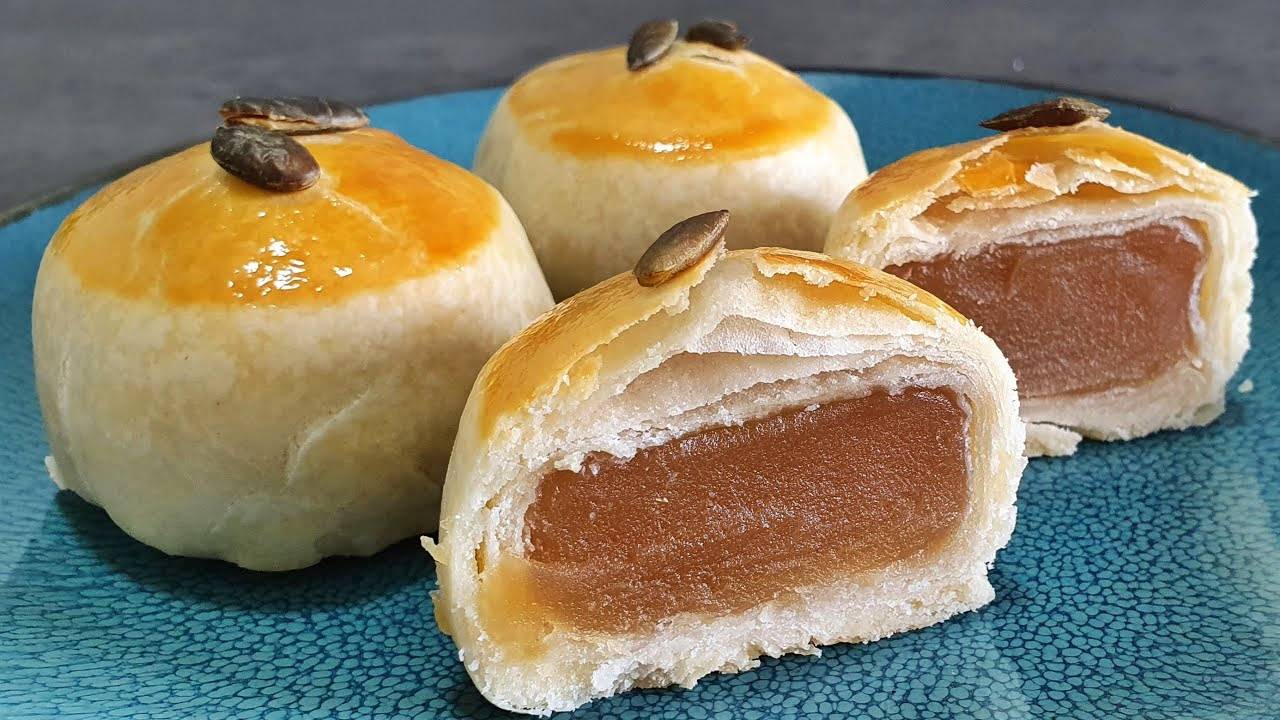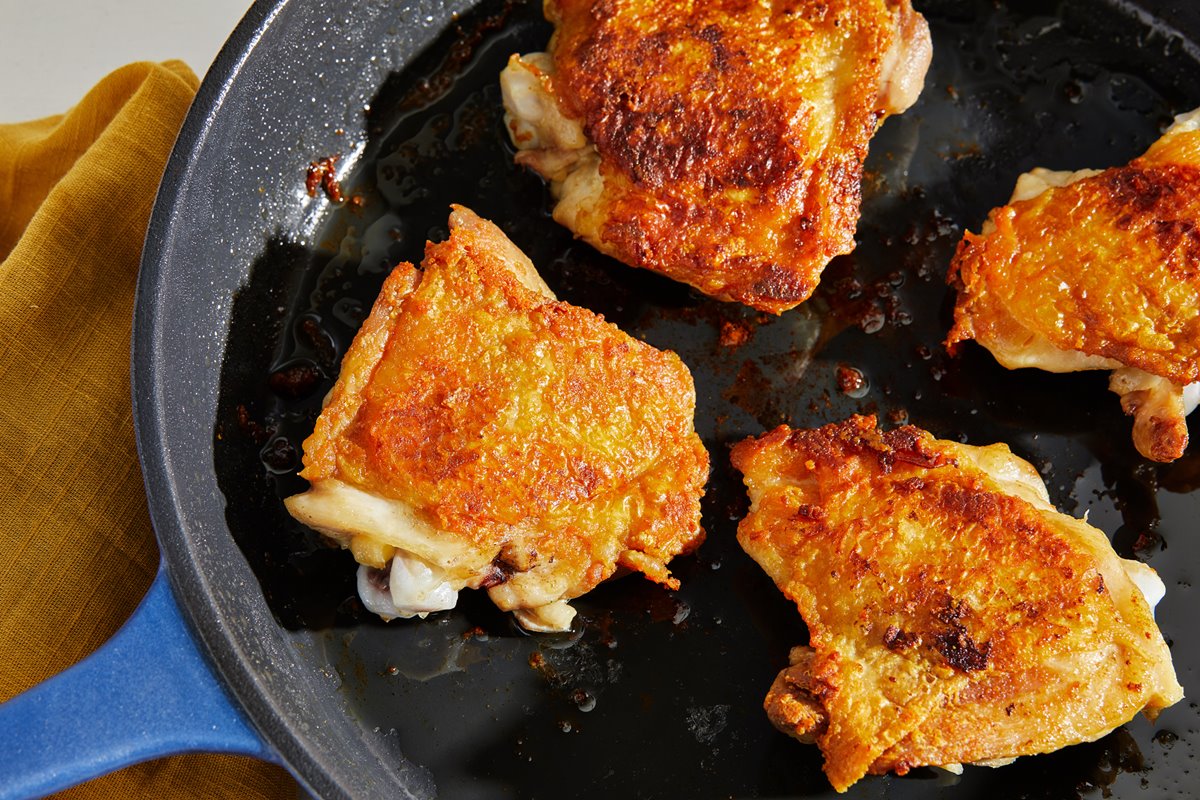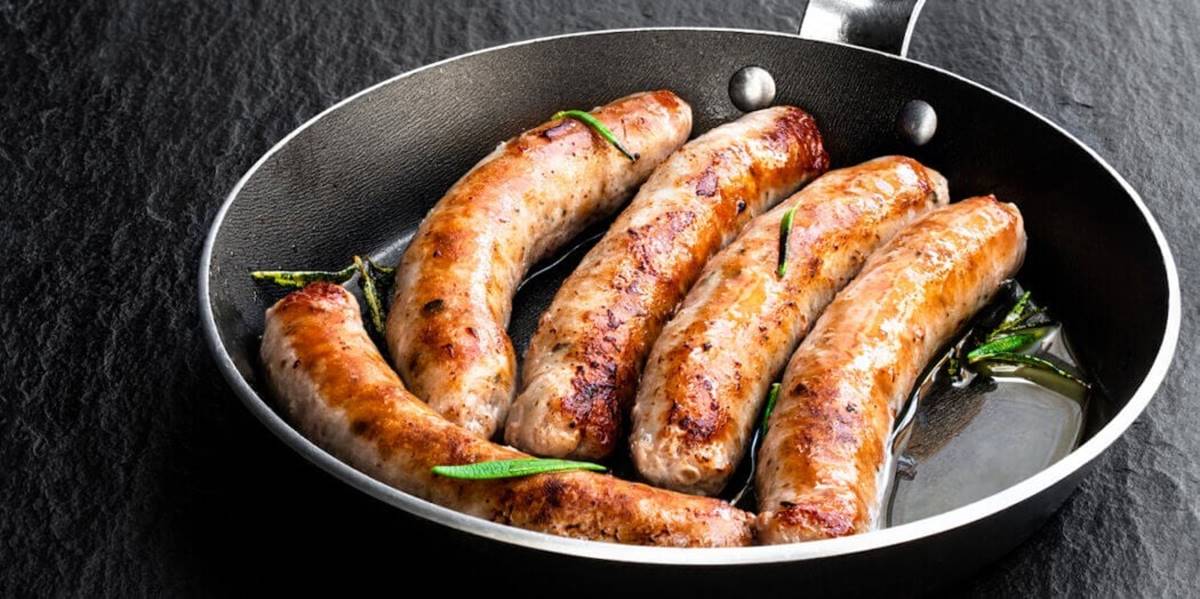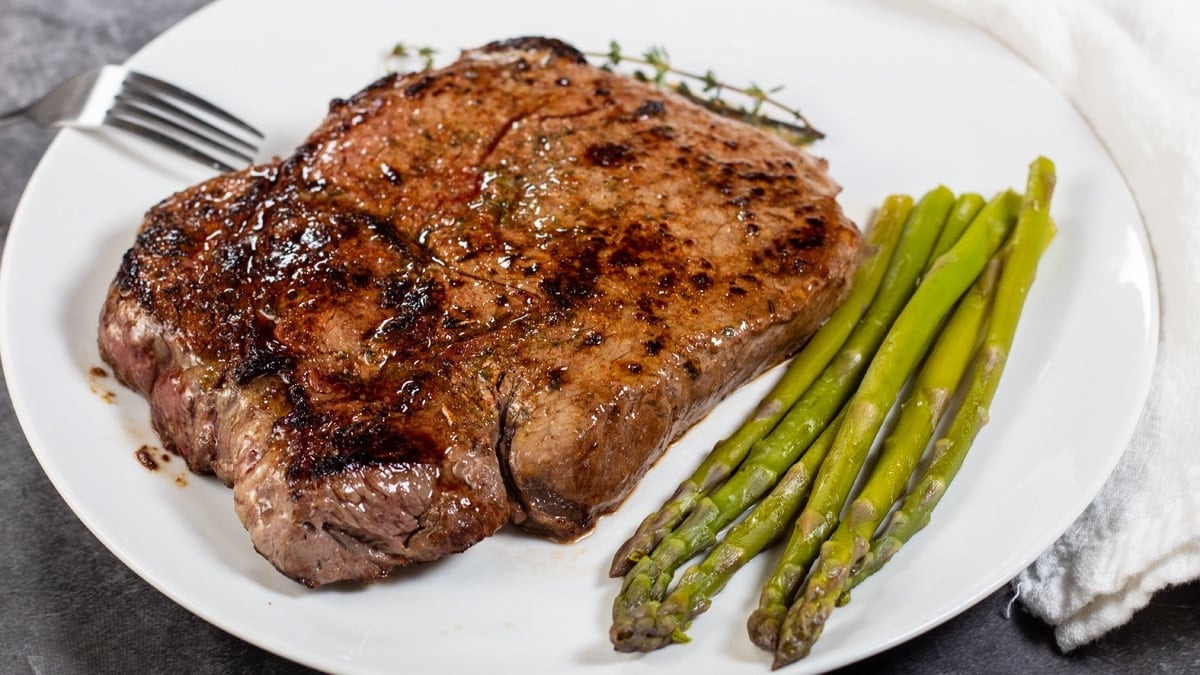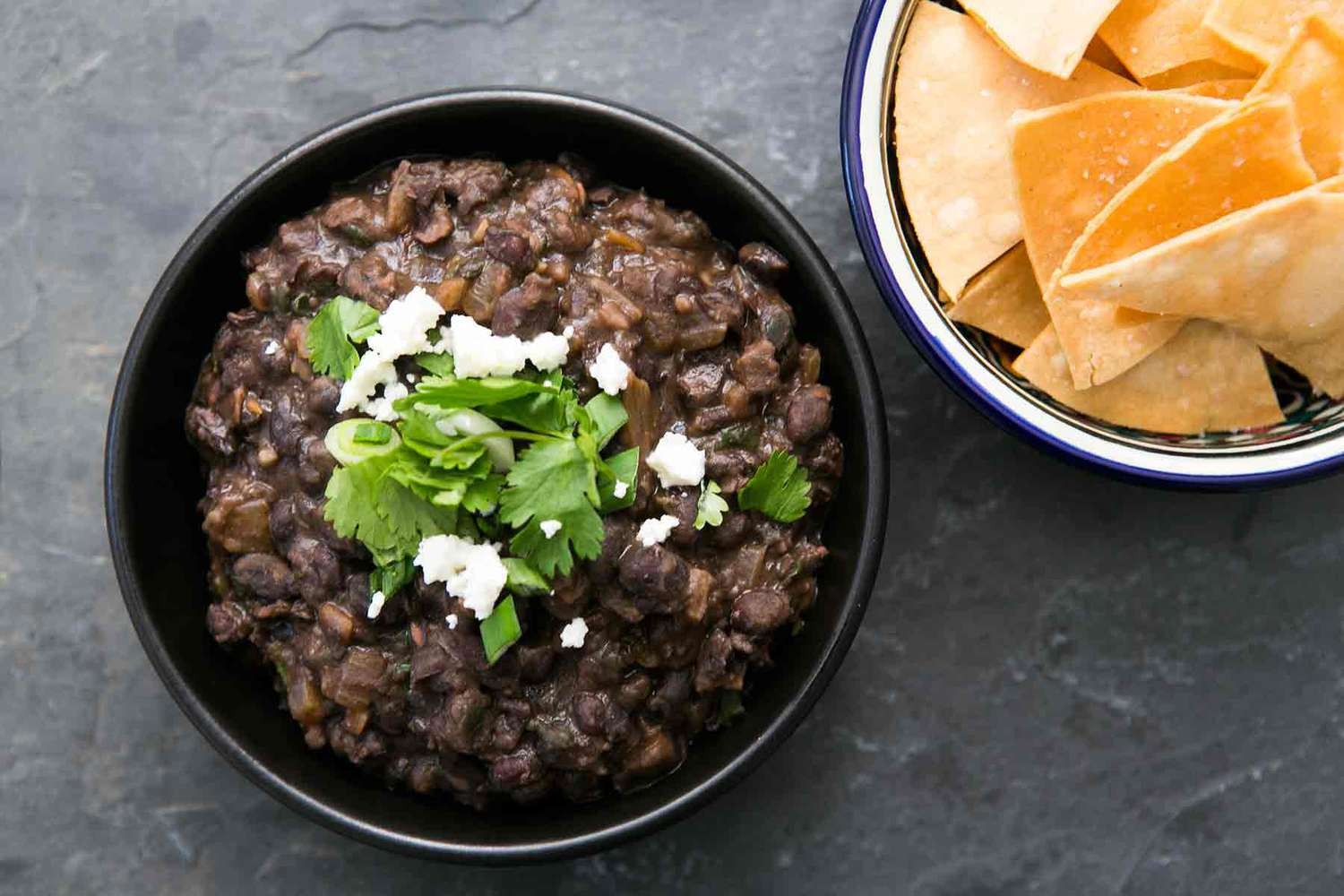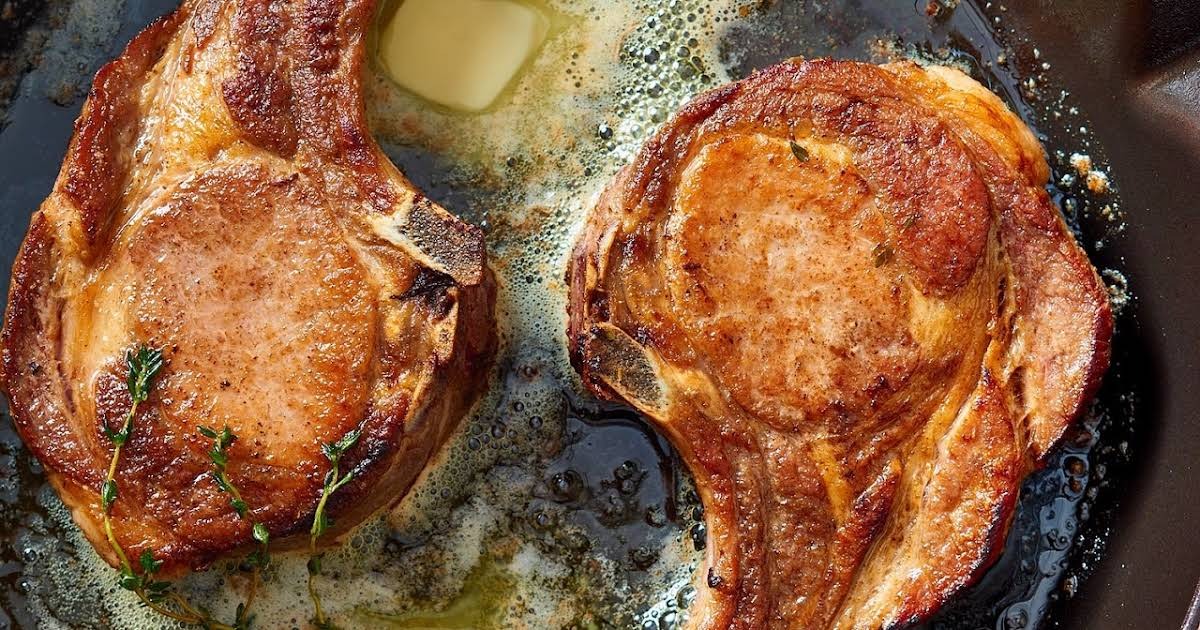How To Boil Shrimp Without Overcooking
Shrimp is a versatile and delicious seafood that can be enjoyed in various dishes, from shrimp scampi to shrimp cocktail. However, it can be challenging to boil shrimp without overcooking them and ending up with rubbery and tough texture. But fear not, because in this article, we will share some tips and tricks on how to perfectly boil shrimp every time, without overcooking them.
1. Start with fresh shrimp: The first step to achieving perfectly boiled shrimp is to start with fresh, high-quality shrimp. Look for shrimp that is firm, translucent, and without any strong odor. Fresh shrimp will not only taste better, but it will also cook more evenly.
2. Choose the right size: Depending on the dish you are preparing, you may need to choose different sizes of shrimp. Larger shrimp will take longer to cook, while smaller ones will cook faster. Keep in mind that overcooking can happen more easily with smaller shrimp, so keep a close eye on them.
3. Use the right amount of water: Fill a large pot with enough water to fully submerge the shrimp. Adding salt to the water can help enhance the flavor of the shrimp. Aim for about 1-2 tablespoons of salt per quart of water.
4. Bring the water to a boil: Place the pot of water over high heat and bring it to a rolling boil. Waiting for the water to boil before adding the shrimp will promote even cooking and prevent overcooking.
5. Add the shrimp: Once the water is boiling, carefully add the shrimp to the pot. Stir gently to ensure that all the shrimp are fully submerged in water.
6. Cook just until done: The key to boiling shrimp without overcooking is to cook them just until they are done. The cooking time will vary depending on the size of the shrimp. As a general guideline, small shrimp (up to 2 inches long) will cook in about 2-3 minutes, while larger shrimp may take 4-6 minutes. Keep a close eye on the shrimp and remove them from the boiling water as soon as they turn pink and opaque.
7. Shock in ice water: To stop the cooking process and prevent any residual heat from overcooking the shrimp, immediately transfer them to a bowl of ice water. This will also help to firm up the shrimp and make them easier to peel.
8. Drain and serve: Once the shrimp have cooled in the ice water for a few minutes, drain them well. Now, your perfectly boiled shrimp are ready to be enjoyed. Serve them with your favorite dipping sauce or use them in your desired recipe.
Remember, overcooking shrimp can make them tough and rubbery, so it’s important to keep a close eye on them and remove them from the boiling water as soon as they are done. By following these simple tips, you can boil shrimp to perfection every time, ensuring a delicious and delightful seafood experience.
Explore More Delicious Shrimp Recipes and Uses
Now that you've mastered the art of boiling shrimp perfectly, why not put your skills to the test with a variety of delicious recipes that showcase your newfound expertise? From the creamy and comforting Shrimp Alfredo Pasta to the zesty and vibrant Shrimp Tacos with Fresh Salsa, there's a dish to suit every palate. We highly recommend trying the Shrimp Scampi with Linguine for an elegant yet simple meal, or the Spicy Cajun Shrimp Boil for a fun and festive gathering. Each recipe offers a unique way to enjoy your perfectly cooked shrimp, ensuring that every bite is as flavorful as it is perfectly prepared.
Was this page helpful?
Read Next: How To Boil Baby Carrots
